#consolidation
Mega Dealerships Continue Consolidating Strength
If you frequent this website, there’s a good chance you’ve seen an article discussing how smaller car dealerships are being incorporated into larger entities over the last few years. As with most other industries, the trend has been accelerating and Automotive News just shared the metrics showing how far we’ve come over the last decade. According to the report, consolidation among mega dealers has made heaps of progress of late and should continue on with their mission of never-ending growth because none of them want to become the little guy after every pint-sized showroom has been bought up in North America.
2023 Vantas VX SUV and T-Go Coming to the U.S.
The Vantas VX SUV will go on sale in the U.S. in late 2022. HAAH Automotive Holdings and Sicar announced yesterday that they will import Vantas and T-Go vehicles. This is a prelude to HAAH and Shanghai Sicar Automotive Technology manufacturing vehicles stateside. The COVID-19 pandemic delayed their U.S. manufacturing startup.
2021 BMW M3 and M4 Competition XDrives Arrive Soon
BMW’s 2021 M3 and M4 Competition cars, both endowed with xDrive all-wheel-drive, will arrive in August. Four hundred and seventy-nine lb-ft of torque is on tap.
Cooper Go Goes to Goodyear
Goodyear Tire & Rubber Company has announced that they are acquiring Cooper Tire & Rubber Company, strengthening their position in the market, and expanding the number of brands where the rubber meets the road.
Daimler CEO: 'Streamlining the Portfolio' Necessary for Mercedes-Benz
Still in the midst of a $1.4-billion restructuring plan that aims to cut 10 percent of its workforce, Mercedes-Benz is reconsidering what its product lineup should look like moving ahead. While most of the doomed models will be chosen due to lackluster demand (e.g. X-Class pickup) plenty will be nixed as a result of tightening emission laws. Mercedes parent Daimler issued two profit warnings in 2019 after the luxury brand was fined $960 million in an emissions-cheating settlement. Like many automakers, it was also hemorrhaging cash through its investments in electrification.
An apt analogy for the automotive industry’s stampede toward EVs would be lemmings hurling themselves off a seaside cliff — but not because of the popular misconception that the critters are intentionally committing mass suicide. When lemmings collectively off themselves, it’s the result of migratory behavior gone awry. They simply bunch up and move in a singular direction, largely unaware of the consequences.
Volvo and Parent Geely Seek to End Separate Engine Development
Volvo’s relationship with its Chinese parent is about to grow even closer. The Swedish car maker and its parent company, Geely, proposes to put an end to separate engine development, with engineering teams from both companies tasked with building common powerplants for all marques in Geely’s broad orbit.
For Volvo, the move to a new standalone business for its internal combustion engines would be beneficial, given its plan for the brand’s future.
Rare Rides: A Very Brown Talbot Tagora From 1982
Today’s Rare Ride is the European luxury sedan you’ve never heard of. Plush, brown, and boxy, it’s the Talbot Tagora from 1982.
Need a Loan for a Mitsubishi? Nissan Now Has You Covered in Three Countries
Mitsubishi’s new ownership spells big changes for the automaker’s product future, but the controlling stake recently purchased by Renault-Nissan also means the newly joined automakers will partner on financial services.
As such, buyers in three markets will soon be able to turn to Nissan for a loan on a new Outlander or Mirage. Sorry, Americans — there’s good reason why Mitsubishi’s U.S. financing arm is staying put for now.
That's Off-The-Record: Is Marchionne Trying to Pull the Wool (Sweater) Over Chrysler's Eyes?
About half a decade ago, FCA honcho Sergio Marchionne welcomed then-Vice President Joe “Lunch Bucket” Biden to the Jeep Toledo plant to celebrate all things Jeep. It was rather warm August day outside, but even hotter in the assembly plant where everybody’s favorite “uncle,” hair plugs and all, was decked out in a suit and tie. Marchionne, on the other hand, was “sporting” his signature blue wool sweater.
I was writing a politics blog for the Detroit News at the time, and I urged Mr. Marchionne to give his sweater shtick a rest. Why? Well, when the “Number Two” for the United States shows up in a suit, you look disrespectful in a sweater … even if it is from Nordstrom. Worse yet, I pointed out, it had to be hotter than hell in a wool sweater in an assembly plant humming with new vehicle production.
Up to that point, I was duly impressed with the Canadian-Italian and his rescue of my former employer. He was smart, funny and all-too-quotable. Most importantly, he had asked his Chrysler colleagues to work their butts off to save the company, and his minions quickly saw nobody worked harder than Sergio as he chain-smoked his magic on the often down-and-out company.
Marchionne did what former CEO Bob Nardelli couldn’t do in the former Home-Depot-throw-off’s two-year “Reign of Error.” Marchionne didn’t just lead the members of his team. He got in the trenches and inspired them.
Fast forward to late 2016 through today, and I’m asking myself: Is Marchionne a “loon” or a “boon” for FCA’s future?
Toyota and Suzuki, Scared of Falling Behind, Eye Partnership
This could be the start of a beautiful business partnership.
After its romance with Volkswagen AG ended in a bitter breakup last year, Suzuki is considering hopping into bed with the world’s largest automaker.
Toyota and Suzuki issued a joint press release today announcing their intention to get together and see where it goes.
Ghosn on the March: What Does an Alliance Mean for Nissan and Mitsubishi?
Yesterday’s news that Nissan will buy a 34-percent controlling stake in Mitsubishi for $2.2 billion was the latest win for Carlos Ghosn, the man behind the Renault-Nissan Alliance of 1999 and possessor of many fingers in many pies.
Ghosn, CEO of both Nissan and Renault, inked the agreement with Mitsubishi as the other automaker battles a misleading gas-mileage scandal. At a price of 468.52 yen/share, Ghosn’s purchase of new shares was a smoking deal. Mitsubishi shares traded for 1,100 yen just last December.
What becomes of the two companies now? And how will Ghosn’s world-straddling empire benefit by snapping up beleaguered Mitsubishi?
Taking Names: That's 'Mr.' Subaru Corporation, to You
Subaru’s parent company plans to change its name from Fuji Heavy Industries to, simply, Subaru Corporation. Why? Because #branding, of course.
In an effort to leverage the recognition of its Subaru brand, the transportation giant says the move away from its long-winded company name will help grow Subaru as a distinctive global presence in the automotive and aerospace industries.
Fuji Heavy Industries currently has four divisions: Automobile, Aerospace, Industrial Power Products, and Eco Technology.
Fiat Chrysler Not Planning Hostile Takeover of General Motors Because of Course They Can't
Fiat Chrysler Automobiles won’t attempt to takeover General Motors anytime soon, FCA chief Sergio Marchionne told investors Thursday according to Reuters.
Speaking following a shareholder meeting, Marchionne said that finding a partner for FCA wasn’t “life or death” for the automaker group. Reportedly, FCA will delay launching several of their cars — including the Alfa Romeo Giulia for six months — as the automaker shores up its $52 billion investment plan.
“We are not choking. We are in relatively decent shape,” Marchionne said.
Sergio Marchionne Hasn't Forgotten About GM, You Guys
Speaking at the Formula One Italian Grand Prix this weekend, Fiat Chrysler Automobiles CEO Sergio Marchionne told Reuters that a merger with General Motors was at the top of his list.
“That discussion remains a high priority for FCA,” Marchionne told Reuters. “We consider it to be the best possible strategic alternative for us and for them. General Motors does remain the ideal partner for us and we represent a not easily replaceable alternative for them.”
(Emphasis mine. But what are the other “strategic alternatives?”)
Mergers Don't Make Better Cars
Mergers don’t excite me.
I’m not excited about the prospect of walking in to my neighborhood Jeep/Chevy/Buick/Dodge/GMC superstore and thumbing through the soul-less car stocks like a weekend trip to Costco.
Bark makes a good business case that Mazda and Subaru could help each other in worldwide sales, and brings up some interesting short-term mashups: rotary engines with all-wheel drive, a boxer in a Miata, et al. All those things sound fun like monster trucks and cans of Pabst on a Friday night.
But in reality, despite repeated calls from automakers that consolidation will mean the car business can stay “in business,” mergers don’t make better products — but they try to make shareholders happy, if they can even do that (see: Suzuki-Volkswagen, page 231 of your textbook). Shared R&D is often synonymous with “badge engineering” (Cimarron) and when it’s not, well, just look at Saab.
If history has taught us anything, mergers simply leave car people left out in the cold.



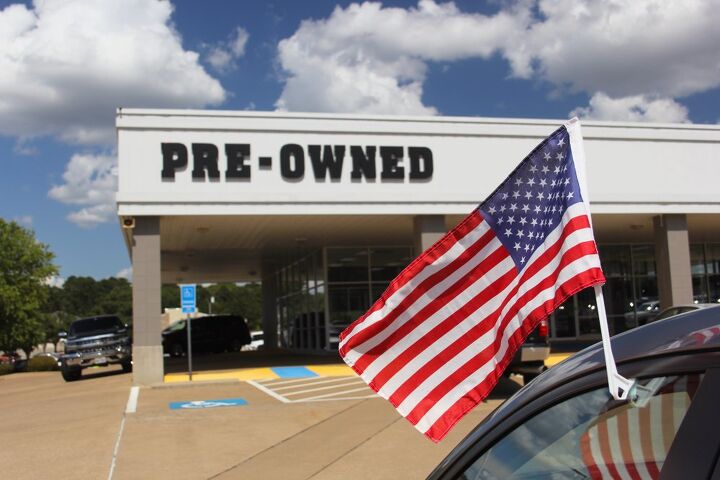

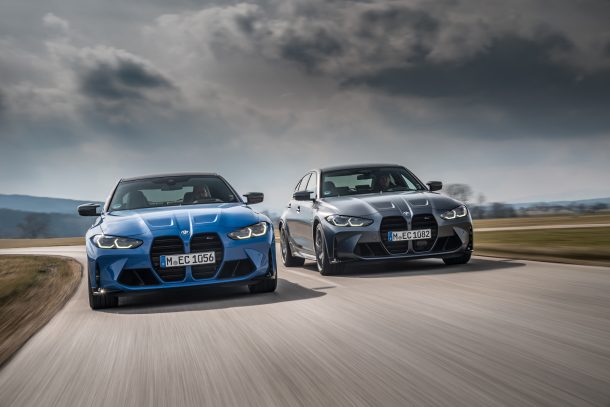

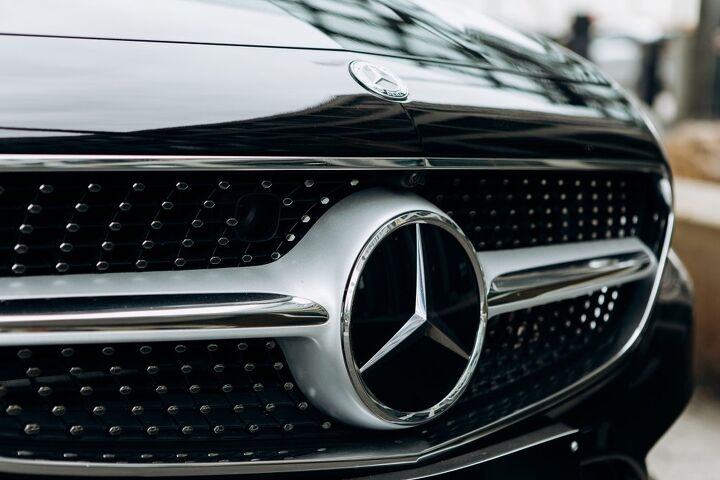



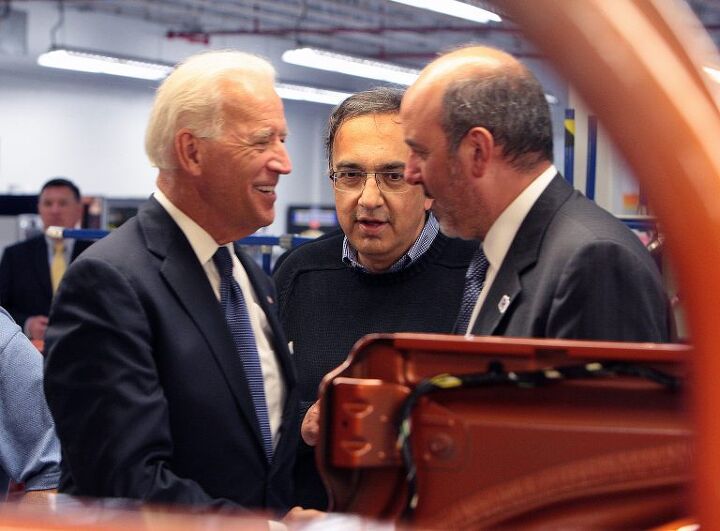

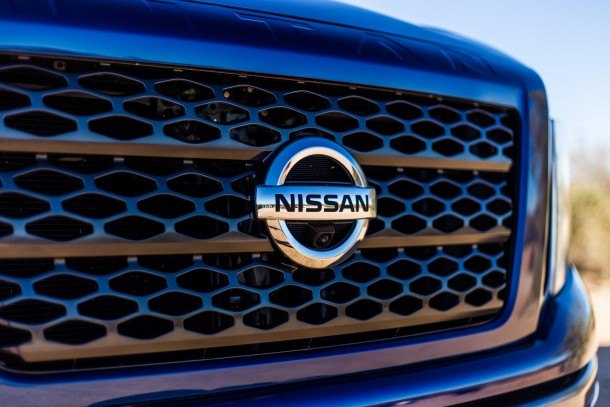
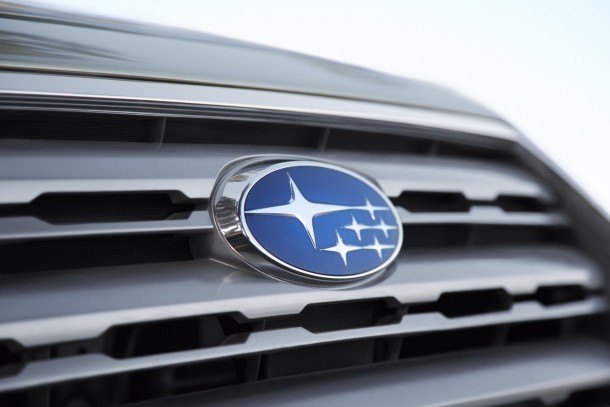












Recent Comments